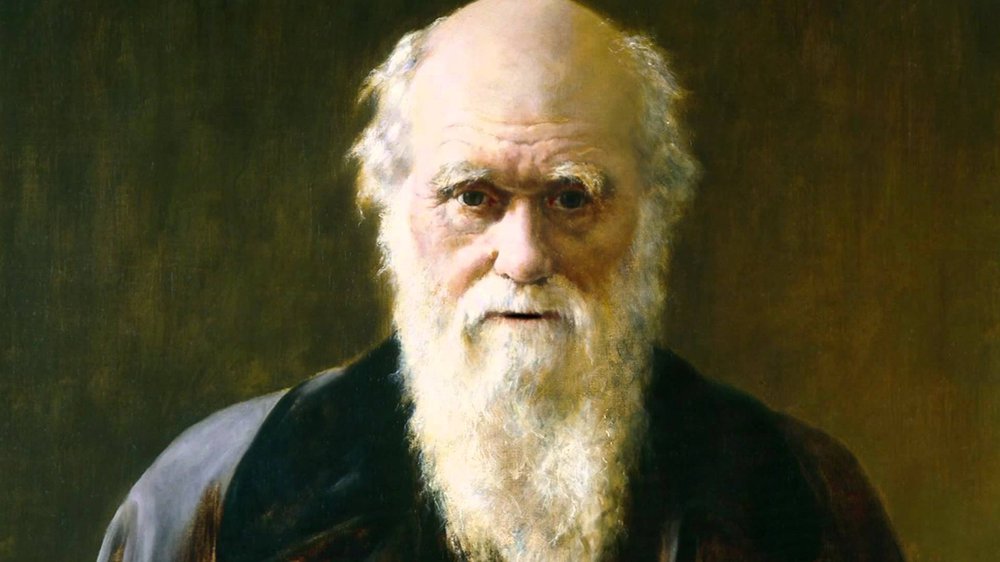Today we celebrate the birthday and history of the ‘Father of Evolution’.
Charles Darwin was an English naturalist who changed the way humans viewed themselves and the world around them through his amazing ideas on evolution and natural selection.

When he visited the Galapagos Islands he got more than he bargained for. He may have come for the volcanoes, but it would be the unique Galapagos wildlife that would leave a more lasting impression.
He took abundant notes on the specimens he found and produced a diary of 770 pages, 12 catalogs and several 1000-page writings on zoology and geology. He also conserved 1,529 animal species in spirit and collected 3,907 bones, skins, hides and plants during his trip.
All this data helped lead Darwin to formulate his theory that "one species does change into another," a.k.a. Evolution.
Celebrating Darwin
-
Feb 12 1809
CHARLES IS BORN
Born in Shrewsbury, England, Darwin was the second youngest of six kids and came from a long line of scientists. -
Dec 27 1831
THE JOURNEY BEGINS
At age 22, Darwin began his most famous journey on HMS Beagle which landed him in the Galapagos Islands in Sept - October 1835. -
April 19 1883
A MYSTERIOUS DISEASE
Charles Darwin died at age 73 at his home in Downe with a mysterious disease which is still unknown to this day. He was buried at Westminster Abbey. -
Nov 24 1859
NATURAL SELECTION
23 years after his trip, Darwin published his main work "On the origin of species through natural selection" which is still considered the standard work of evolutionary biology. -
1959
CHARLES DARWIN FOUNDATION
124 years after his visit, the Charles Darwin Foundation and Galapagos National Park are born to conserve the unique ecosystems and conservation of the Galapagos. -
1998
GALAPAGOS MARINE RESERVE
Together with the Galapagos National Park, the Galapagos Marine Reserve is established. It's the 2nd largest marine reserve in the world and protects one of the planet’s most unique marine ecosystems.




